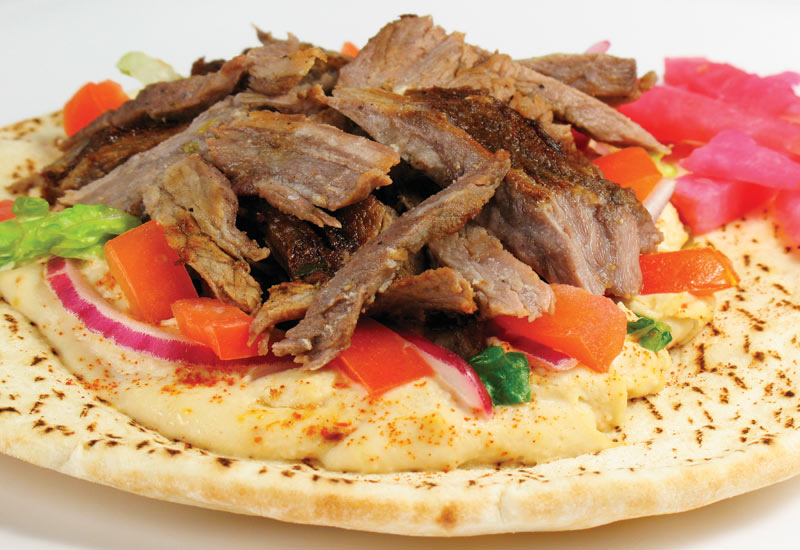Consumer demand for sharia-compliant hotels is strong, but confusion surrounding the term means many brands are reluctant to commit. Louise Birchall seeks to clarify what it takes to comply.
Two-to-three years ago ‘sharia’ was the buzz word repeated by ambitious, international hotel chains intent on tapping into the rich, intraregional Arab tourism market by offering a unique and traditional Arabic experience.
Eager to differentiate themselves, hotel brands witnessed the success of sharia-compliant banking and investment systems compared to conventional institutions and saw an opportunity to apply the concept to hospitality.

Advertisement
This trend, coupled with an increasing amount of government funding and private money being injected into sharia-compliant developments stirred the interest of hotel investors.
However, today only a handful of the talked-about sharia hotel developments have materialised and experts attribute a lack of progress on the hotel front to the confusion surrounding the term ‘sharia’.
Dubai-based Almulla Hospitality recently unveiled plans for a sharia-compliant brand comprising 30 hotels, but there has been no news of its development and similarly Dubai-based Shaza Hotels’ alcohol-free luxury hotel joint venture with Kempinski Hotels and Guidance Financial Group has yet to open the first of its 30 hotels scheduled to launch in the Middle East over the next 10 years.
Defining sharia
“The terminology ‘sharia compliant’ is mixed up in the sense a lot of people confuse the term and their practices. For a hotel to be fully sharia compliant, it would need a team of religious advisors on board and it really has to go the whole way,” says V. Five Continents Hospitality Group CEO and founder Richard Abou Jaoude.
The Abu Dhabi-based hotel operator’s portfolio of sharia-compliant properties has grown from two to 14 in the Middle East and North Africa since the company entered the market in 2006.
“It was boom time and we realised we were competing with the top guns of the industry and the first thing that came to mind was how to be different, what is missing in the regional hotel market and how can we make a quick return on investment,” says Jaoude.
At that time few companies had approached the sharia niche and V. Five Continents hoped it could differentiate itself with a three- to four-star plus brand. It also had the backing of international brands such as Ramada and timeshare in companies such as Kerzner.
Finding a niche
According to Jaoude, the brand concept proposed by V. Five Continents was to be an “entirely new one”. The concept encompasses the major parts of sharia, including no alcohol, and other aspects such as no smoking, ‘green’ measures in the building and landscaping, and the promotion of wellness.









 Search our database of more than 2,700 industry companies
Search our database of more than 2,700 industry companies









